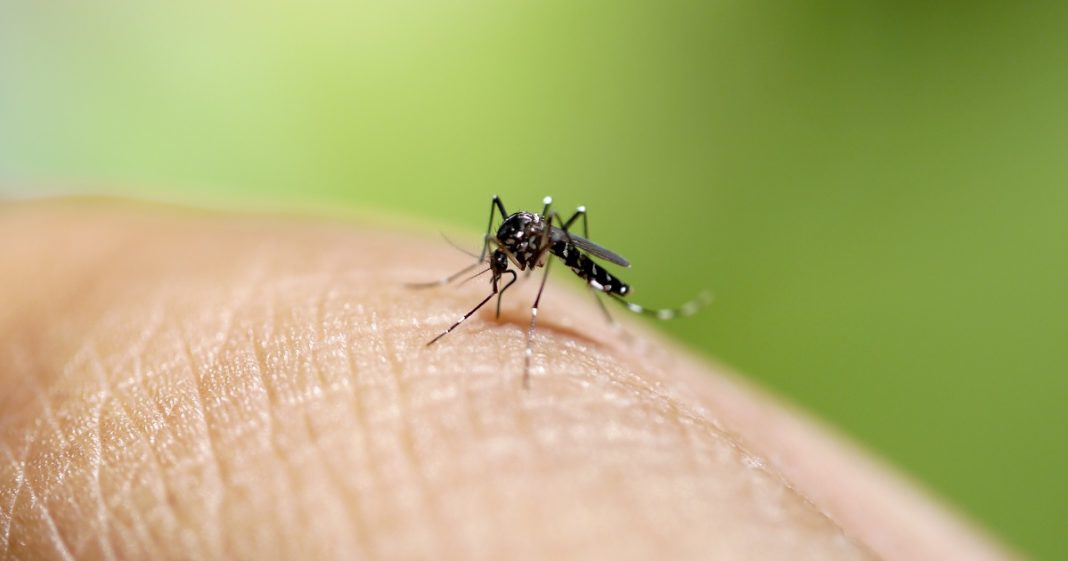A Florida community on the edge of a Zika epidemic is poised to release a hoard of genetically modified mosquitoes in an effort to stop the virus in its tracks, but is it safe and will it work?
The average American is already wary of the GMO-label, but the idea of using science and genetics to modify living creatures for different purposes should be worrying at first glance to nearly everyone. Luckily, this is not the first time this type of modification has been done and implemented.
In Brazil in 2015 and 2016, scientists released the same type of modified mosquito to cut down on the buggy populations. In 2015, the intention was to reduce populations in order to cut down on the spread of dengue fever, a mosquito-borne viral disease. The study found that after the modified mosquitoes were released, populations were reduced by a shocking 95 percent. The release in January of 2016 is an attempt to replicate those results, this time against the spread of the Zika virus.
How are the mosquitoes modified? The common Aedes aegypti is altered to trigger a gene which causes offspring to die in the larval stage. The mosquitoes are then sorted by gender and the males are released where they will mate with females. Of course, the offspring of that mating will never reach adulthood, effectively capping all reproduction.
The release of only males is a smart addition to this process as only female mosquitoes bite humans. Thus, there is no need to worry about the effects of a GMO-mosquito taking a bite out of your arm.
Those familiar with biocontrol and the horrific way that invasive species can take over and dominate a food chain in unfamiliar territory might wonder if these mosquitoes might devastate the delicate Florida ecosystem, but scientists say there is nothing to fear there as the population enters and then exits the chain so quickly.
The one possible consequence is that the cousin of the Aedes aegypti may take over, but that mosquito type is less likely to carry the various viruses, and tends to live in rural areas, feeding off of animals like livestock, rather than drinking human blood. In this way, humans are less likely to be infected by whatever the bug is carrying.
Mosquito-munching animals are not likely to be affected either, as the modified genetic material is unlikely to pass on to the ingester in any noticeable way. Scientists consider the GMO method much-preferred to spraying toxic pesticides over large swatches of territory.
So are GMO mosquitoes coming to a city near you? Possibly. This practice will likely be limited to high-risk areas, which Southern Florida certainly is. Though the nasty GMO label can be insidious and questionable, this instance seems well worth the risk.



![Senator Schumer: “Single Payer [Health Care] is On The Table”](https://sandbox.trofire.com/wp-content/uploads/2017/07/Universal-Healthcare-218x150.jpg)
